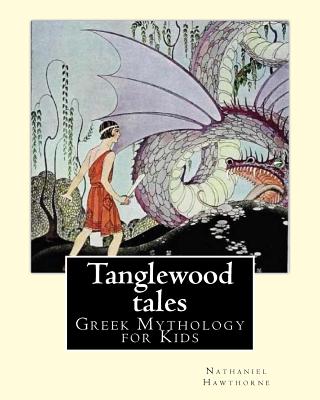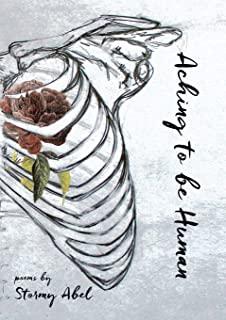
Sterrett, Virginia Frances
product information
description
)[1] was an American artist and illustrator.Sterrett received her first commission at the age of 19 (shortly after she was diagnosed with tuberculosis) from the Penn Publishing Company to illustrate Old French Fairy Tales (1920), a collection of works from the 19th-century French author, Comtesse de Ségur (Sophie Fedorovna Rostopchine)......Tanglewood Tales for Boys and Girls (1853) is a book by American author Nathaniel Hawthorne, a sequel to A Wonder-Book for Girls and Boys. It is a re-writing of well-known Greek myths in a volume for children.Overview: The book includes the myths of: Theseus and the Minotaur (Chapter: "The Minotaur")Antaeus and the Pygmies (Chapter: "The Pygmies")Dragon's Teeth (Chapter: "The Dragon's Teeth")Circe's Palace (Chapter: "Circe's Palace")Proserpina, Ceres, Pluto, and the Pomegranate Seed (Chapter: "The Pomegranate Seed")Jason and the Golden Fleece (Chapter: "The Golden Fleece")Hawthorne wrote introduction, titled "The Wayside", referring to The Wayside in Concord, where he lived from 1852 until his death. In the introduction, Hawthorne writes about a visit from his young friend Eustace Bright, who requested a sequel to A Wonder-Book, which impelled him to write the Tales. Although Hawthorne informs us in the introduction that these stories were also later retold by Cousin Eustace, the frame stories of A Wonder-Book have been abandoned.Hawthorne wrote the first book while renting a small cottage in the Berkshires, a vacation area for industrialists during the Gilded Age. The owner of the cottage, a railroad baron, renamed the cottage "Tanglewood" in honor of the book written there. Later, a nearby mansion was renamed Tanglewood, where outdoor classical concerts were held, which became a Berkshire summer tradition. Ironically, Hawthorne hated living in the Berkshires.The Tanglewood neighborhood of Houston was named after the book. The book was a favorite of Mary Catherine Farrington, the daughter of Tanglewood developer William Farrington. It reportedly inspired the name of the thickly wooded Tanglewood Island in the state of Washington............Nathaniel Hawthorne ( born Nathaniel Hathorne; July 4, 1804 - May 19, 1864) was an American novelist, dark romantic, and short story writer.He was born in 1804 in Salem, Massachusetts to Nathaniel Hathorne and the former Elizabeth Clarke Manning. His ancestors include John Hathorne, the only judge involved in the Salem witch trials who never repented of his actions. He entered Bowdoin College in 1821, was elected to Phi Beta Kappa in 1824, and graduated in 1825. He published his first work in 1828, the novel Fanshawe; he later tried to suppress it, feeling that it was not equal to the standard of his later work. He published several short stories in periodicals, which he collected in 1837 as Twice-Told Tales. The next year, he became engaged to Sophia Peabody. He worked at the Boston Custom House and joined Brook Farm, a transcendentalist community, before marrying Peabody in 1842. The couple moved to The Old Manse in Concord, Massachusetts, later moving to Salem, the Berkshires, then to The Wayside in Concord. The Scarlet Letter was published in 1850, followed by a succession of other novels. A political appointment as consul took Hawthorne and family to Europe before their return to Concord in 1860. Hawthorne died on May 19, 1864, and was survived by his wife and their three children.Much of Hawthorne's writing centers on New England, many works featuring moral metaphors with an anti-Puritan inspiration. His fiction works are considered part of the Romantic movement and, more specifically, dark romanticism. His themes often center on the inherent evil and sin of humanity, and his works often have moral messages and deep psychological complexity. His published works include novels, short stories, and a biography of his college friend Franklin Pierce, the 14th President of the United States......
member goods
No member items were found under this heading.
listens & views

ATLANTA'S BURNING DOWN (JMLP) (JPN)
by BETTS,DICKEY AND GREAT SOUTHERN
COMPACT DISCout of stock
$20.99
Return Policy
All sales are final
Shipping
No special shipping considerations available.
Shipping fees determined at checkout.






